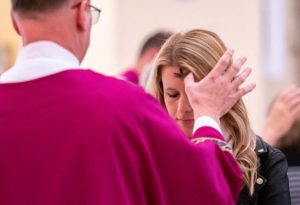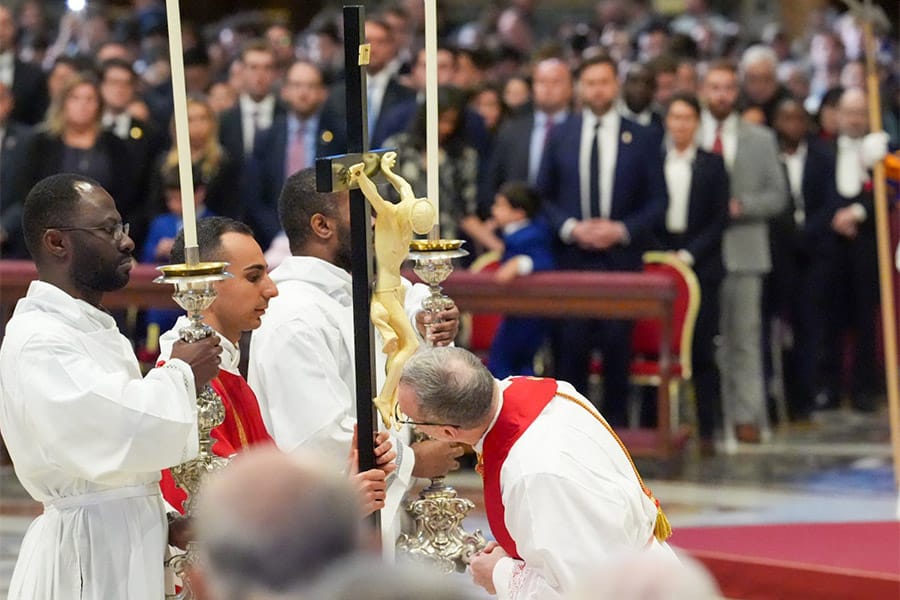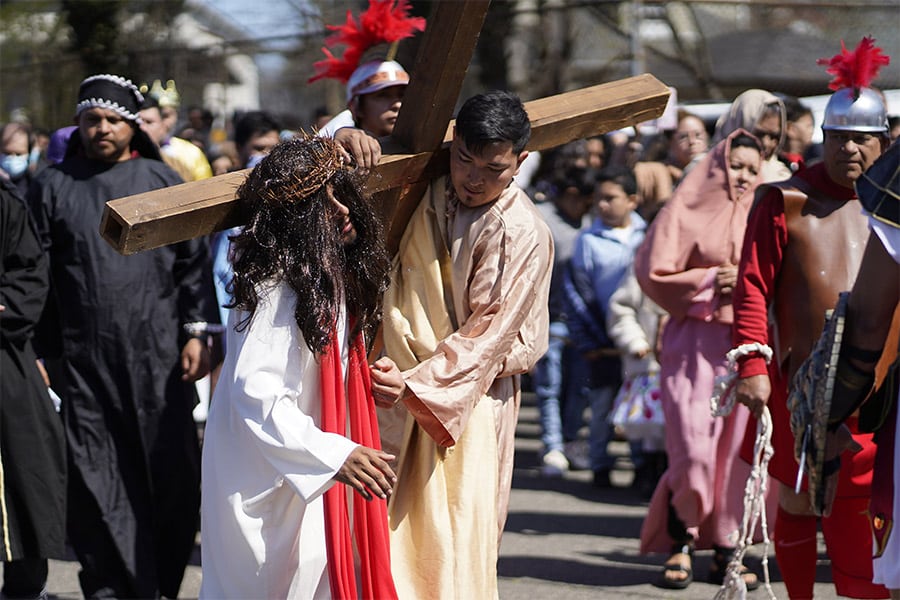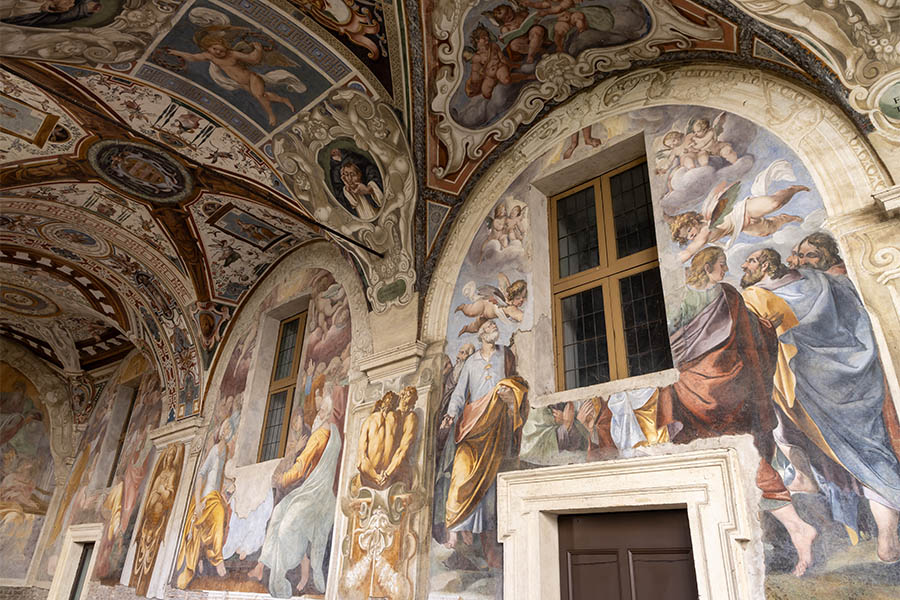Father T. Austin Murphy Jr., pastor of Christ the King in Glen Burnie, answers five commonly asked questions as we prepare for the season of Lent, which begins March 2.
Is Ash Wednesday a holy day of obligation and are there any holy days during Lent that require attending services?
No. Ash Wednesday is simply the beginning of our Lenten observance, but it is not obligatory. Many people treat it that way, however, since it is a good way to put yourself into the “Lenten spirit.” Missing Ash Wednesday Mass should not be treated like a sin. In fact, during Lent the only obligatory days for Massgoers are the Sundays. There is the Solemnity of St. Joseph, March 19, but that is not obligatory. I would say, however, that it is always a good practice to go to Mass if you can, especially during Lent; and I would encourage folks to attend the Triduum liturgies (on Holy Thursday, Good Friday and Holy Saturday) if they want to really end Lent with a bang!

What are the requirements for fasting and abstaining from meat during Lent?
I get asked this a lot, and there is a lot of misunderstanding around this one. Fasting means that we eat only three meals a day, with nothing in between, and that the one big meal not be larger than the two smaller ones combined. Abstinence means that we forgo eating meat – specifically the flesh of chicken, beef or pork. So, fish is a typical substitute. I’d say this too – for those of us in the land of crabcakes – the spirit of this abstinence is that our eating not be extravagant. While by the letter of the law a crabcake or lobster dinner meets the observance of abstaining from meat, is that really a sacrifice?
The rule of fasting applies to Catholics from age 18 through 59. The rule of abstinence applies to everyone 14 years and older. Again, that’s the letter of the law. My guess is that the upper limit on fasting is meant to protect “the elderly” and the frail in advanced years. Now, as I get closer to that age, I think that the spirit of the law would still ask me to fast. However, individual health should be a guiding principle. If it is not healthy for you to fast (if you are diabetic, for example), then you are exempt. I wouldn’t split hairs here. If you can, do; if not, then don’t.
What are other ways to prepare for Easter other than fasting and abstinence?
The entire season of Lent is meant to be a preparation for that celebration! So, in addition to observing the very basics of our disciplines, the traditional practice of “giving something up” is a good one. It helps us to take control over our own passions and appetites and to focus ourselves more and more on union with Christ. If you let go of something that has a grip on you, I also recommend filling that void with something holy. These days, a popular sacrifice is giving up scrolling Facebook or some other social media app. If that’s the case, I recommend considering the “Hallow” app, which has a ton of Catholic prayers, devotions, and resources – in English and Spanish. It could even help you establish a new routine that lasts for years to come.
Do most parishes offer extended daily Mass schedules during Lent?
Sometimes. Our priests are already busy, and adding a Mass when the ones we already have are nowhere near full is probably unwise. However, sometimes places might add a noon Mass (especially in more urban areas) or an evening one.
What’s the best way to invite a lapsed Catholic to Lenten liturgies?
I would encourage them to use this time as a good springboard to come back – since many are doing that! Especially now as the pandemic eases, even the regulars are slowly coming back. If that’s the case, let them know that you, too, have been away and are happy to accompany them. Another good time to “sneak back” is Palm Sunday, when there’s a bigger crowd anyway. But whatever we do, pray intentionally for that person before you invite.






